Refine
Date Range Clear
Recorded by Clear
Keywords Clear
Partnerships Clear
- No matching terms.
Organizations Clear
- American Geophysical Union 34
- National Aeronautics and Space Administration 9
- The American Geophysical Union 4
- American Geopysical Union 2
- NASA 2
- 11 more
Places Clear
Languages Clear
- No matching terms.
Initiatives Clear
- No matching terms.
Mary Hudson and Bill Lotko are both professors at Dartmouth University and researchers at the National Center for Atmospheric Research. Both study space physics, with Mary focusing on Van Allen radiation belts, and Bill looking at interactions between the magnetosphere...
Kiya Riverman ended up studying glaciers because, on a field work trip, she was one of the few who could fit the ice cave in the glacier. She recalls, “you're surrounded by glaciers and then sometimes you're underneath glaciers. And...
Linda Geiser and Peter Nelson tell their own stories and reflect on the impact they’ve had on each other lives. They’re both currently with the US Forest Service but first met when Linda hired Peter after he finished university to...
Michelle Thaller, science communicator at NASA Goddard, discusses how she persisted in following her scientific passions even after being discouraged by teachers and guidance counselors. She also talked about why non-scientists should care about things so far away from Earth:...
Bärbel Hönisch, Associate Professor of Environmental Sciences at Columbia University also known as Queen of Boron, transported us millions of years beyond the ice cores to the realm when Greenland had no ice. She took hold of a magical instrument...
Shelby Hurst grew up in northern Michigan where she spent plenty of time poking at and asking questions about the rocks in her grandparents’ backyard, which eventually led her to a PhD in geochemistry. She discusses the importance of women...
Amber Soja’s career is on fire. The resident at NASA’s Langley Research Center studies fire regimes and how they are being affected by climate change. “Every fire season is worse,” she says, adding that the changing fire regime is proof...
For the last 14 years, Gari Mayberry has put her volcanology background to work as a disaster response coordinator at USAID. Disasters come in many shapes and sizes so that specialty is a start, but often Gari finds herself connecting...
Environmental chemist Marc Kramer, Washington State University, has spent an inordinate amount of time talking and climate and weather in the rural parts of your nation. As he says in this interview, “there isn’t a single farmer who isn't interested...
George Huffman calls himself a classic weather person, in part because by the fourth grade in North Central Ohio, he already was excited about the prospect that you could make a job studying weather. At the NASA Goddard Space Flight...
In the mid-2000s, a small group of leaders at AGU, including Peter Fox, Rensselaer Polytechnic Institute, saw an opportunity to shape or reshape how geoscientists work together under a new cross-cutting discipline. As a result, “Earth and space Science Informatics”...
Glenn Orton, a senior research scientist at the Jet Propulsion Laboratory, discusses his career exploring the outer Solar System that started with the Pioneer 10 and 11 missions, and extended forward to Cassini and more recently Juno. Interested in space...
Hal Maring once risked his life for a box of fog. The physical scientist at NASA Headquarters was once on a New Zealand research cruise in the Tasman Sea when the vessel hit bad weather. They took down some of...
Clouds are among the most unpredictable components of climate models. But Norman Loeb is working hard to sort out the shape of cloud patterns in order to improve the accuracy of long-term weather predictions. As far as understanding how all...
Brian Day, of NASA’s Solar System Exploration Virtual Institute, leads a group of scientists in visualization and analysis of spacecraft data. Brian was taught that there’s no water on the moon, there’s no atmosphere on the moon, and the moon...
Michele Koppes and Heidi Roop met “on an incredible landscape on the edge of the Greenland ice sheet about two years ago.” The conversation that followed made both of them think more closely about the value of science communication and...
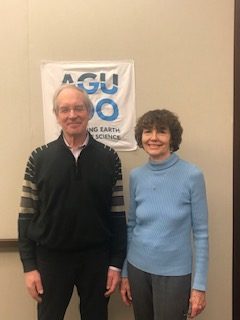
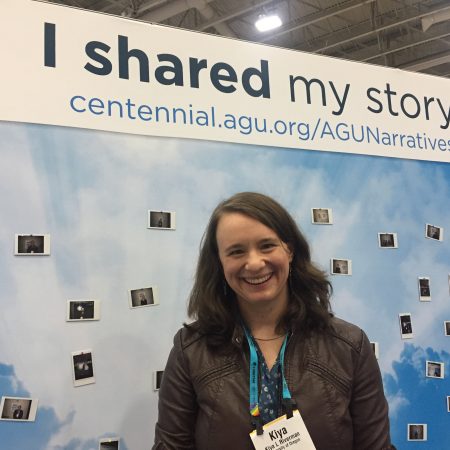
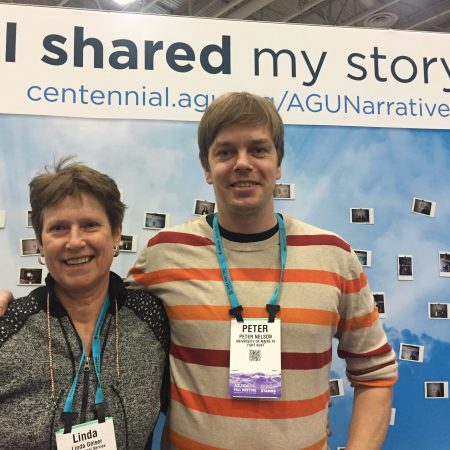
!["I've been a professional astronomer for over 20 years, [and it] still gives me goosebumps." an interview Michelle Thaller](https://archive.storycorps.org/uploads/2019/02/20181211_Thaller-450x450.jpg)
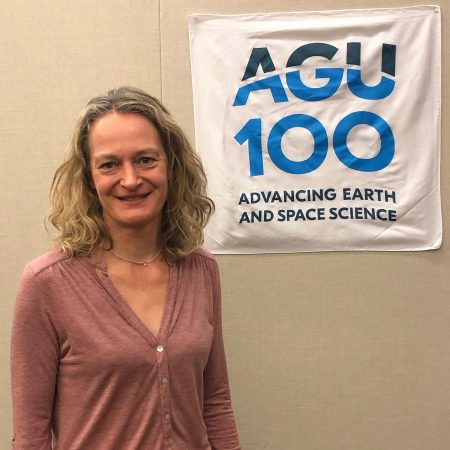
![“I enjoy knowing that a lot of people do care about [the climate] and they care to learn about it.” an interview with Shelby Hurst](https://archive.storycorps.org/uploads/2019/07/Shelby-Hurst-crop-450x450.png)

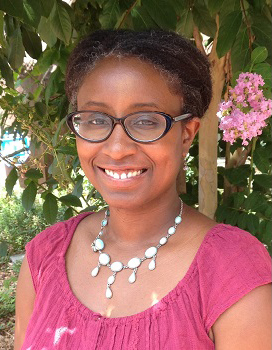
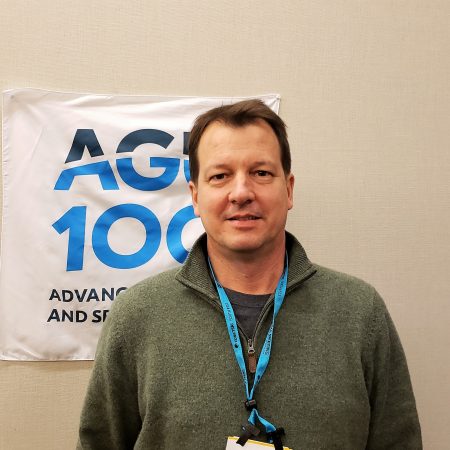
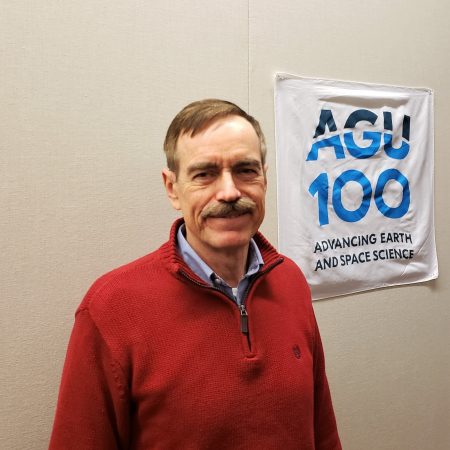
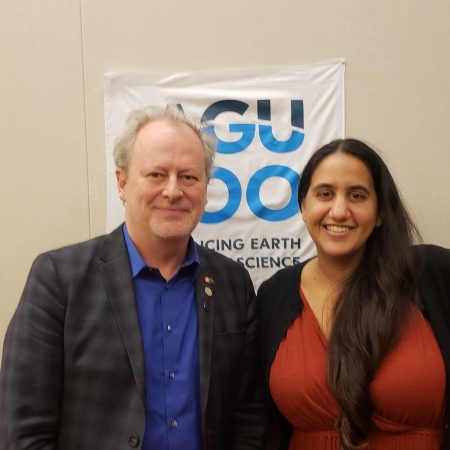

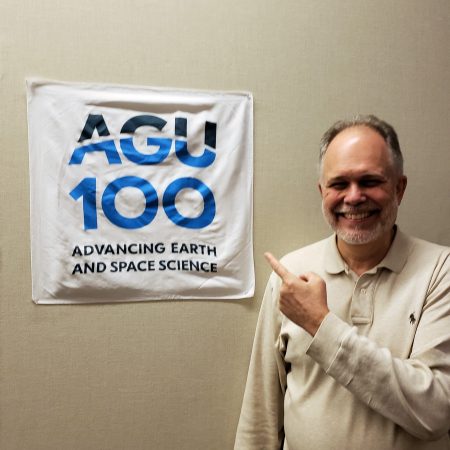


![“How is it that we collect stories [and] create spaces for those stories to be told?” An interview with Michele Koppes and Heidi Roop](https://archive.storycorps.org/uploads/2019/07/181212_Koppes-and-Roop_Booth-450x450.jpg)